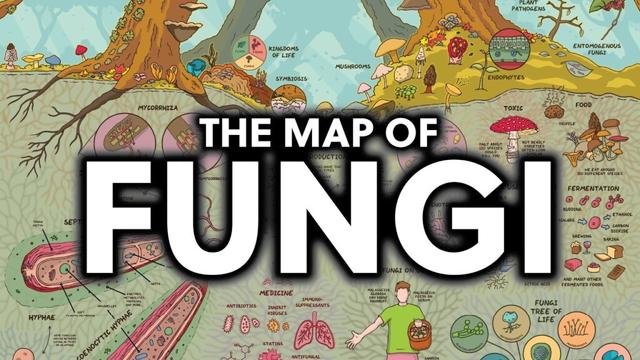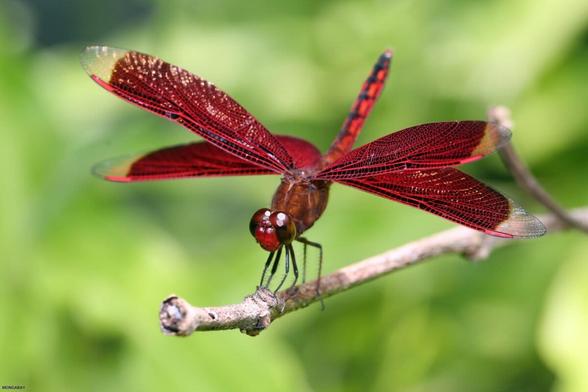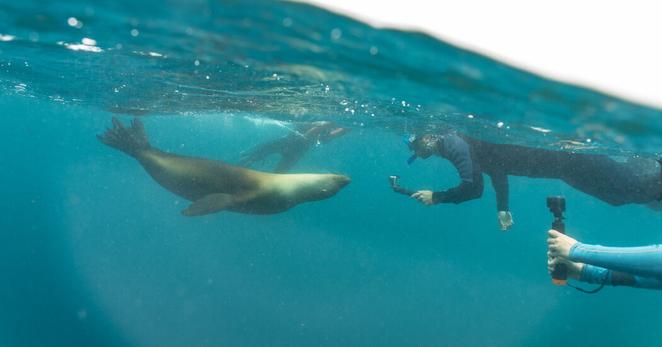It's happening.
So, background:
Ravens are native to our area, but are considered an "invasive native". In other words, as humans have destroyed and overtaken other wildlife habitat, ravens, intelligent and opportunistic and adaptable as they are, have thrived while species with more specific dietary needs, different defenses, or more specific hunting/foraging tactics have suffered.
This means ravens have become kind of out of control. Their teamwork approach against other, mostly solitary-unless-breeding raptors means they've displaced most of the hawks and falcons in our area. While this is "good" for those of us with chickens, both us and our neighbors have completely enclosed spaces for our chickens to hang out outside (ours free range, but have lots of trees and things to duck under to hide), and so my primary concern is ecological balance *not*, in this instance, livestock safety. I've been waiting and hoping a hawk or other large bird moves in and displaces our ravens - and it's finally happening.
Unexpectedly, a falcon (unsure exactly which type) has moved in and started to harass the ravens. It hasn't entirely usurped them, and maybe alone it won't, but I hope that it leaves space for some of the other raptors to come in and reclaim some hunting territory.
We have no idea if the return of falcons has anything to do with our project, or if it's a single falcon or multiple, but I see it/them constantly now in a 5 or so mile radius near the Ranch.
So cool.
A new animated map from Domain of #Science explores the #fungi kingdom, showing how #mushrooms are just the visible "fruiting bodies" while most of the organism lives underground as #mycelium networks. Scientists estimate 150,000 fungi species have been discovered with millions more waiting to be found, many performing crucial roles like supplying nutrients to #plants and creating useful #chemicals.
Learn more on #TKSST: Growing six different mushrooms from kits, a time-lapse compilation




